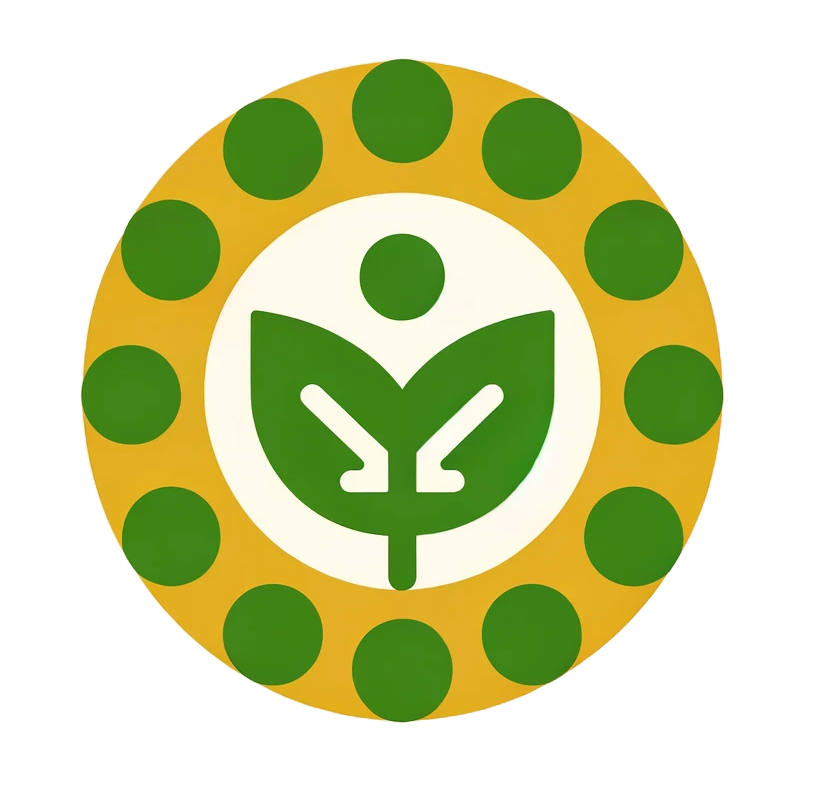
Team empathy. Team empathy goes beyond an understanding of individuals to understanding the relationships between team members. The responsible leader knows the consequences of his decisions on the teamwork atmosphere.
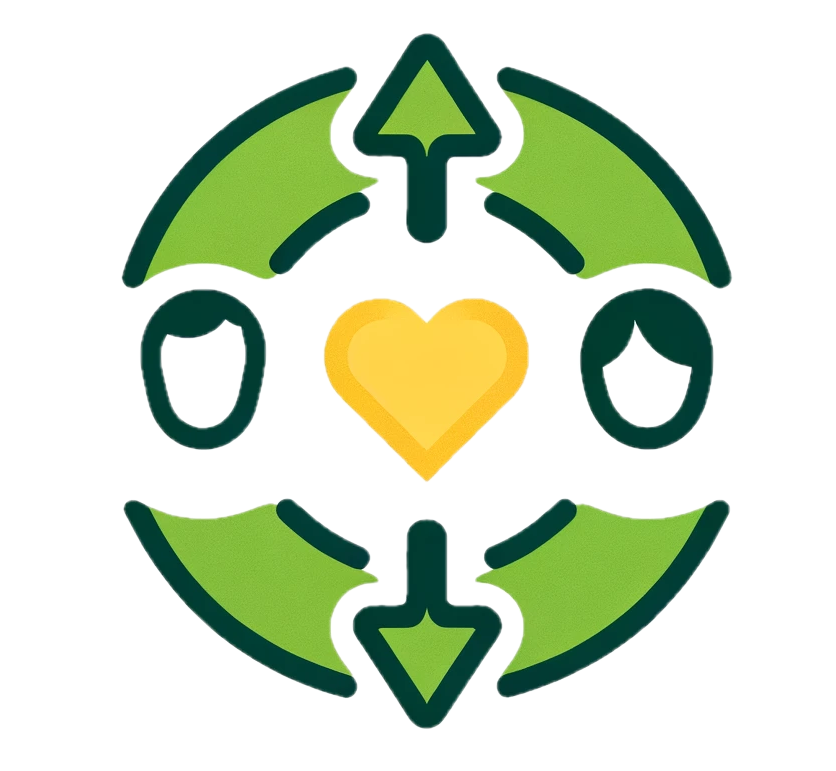
Holistic Communication. Transmission, not only of data or information, but also of sensations and emotions. Efficient communication must transmit instructions, but also confidence.
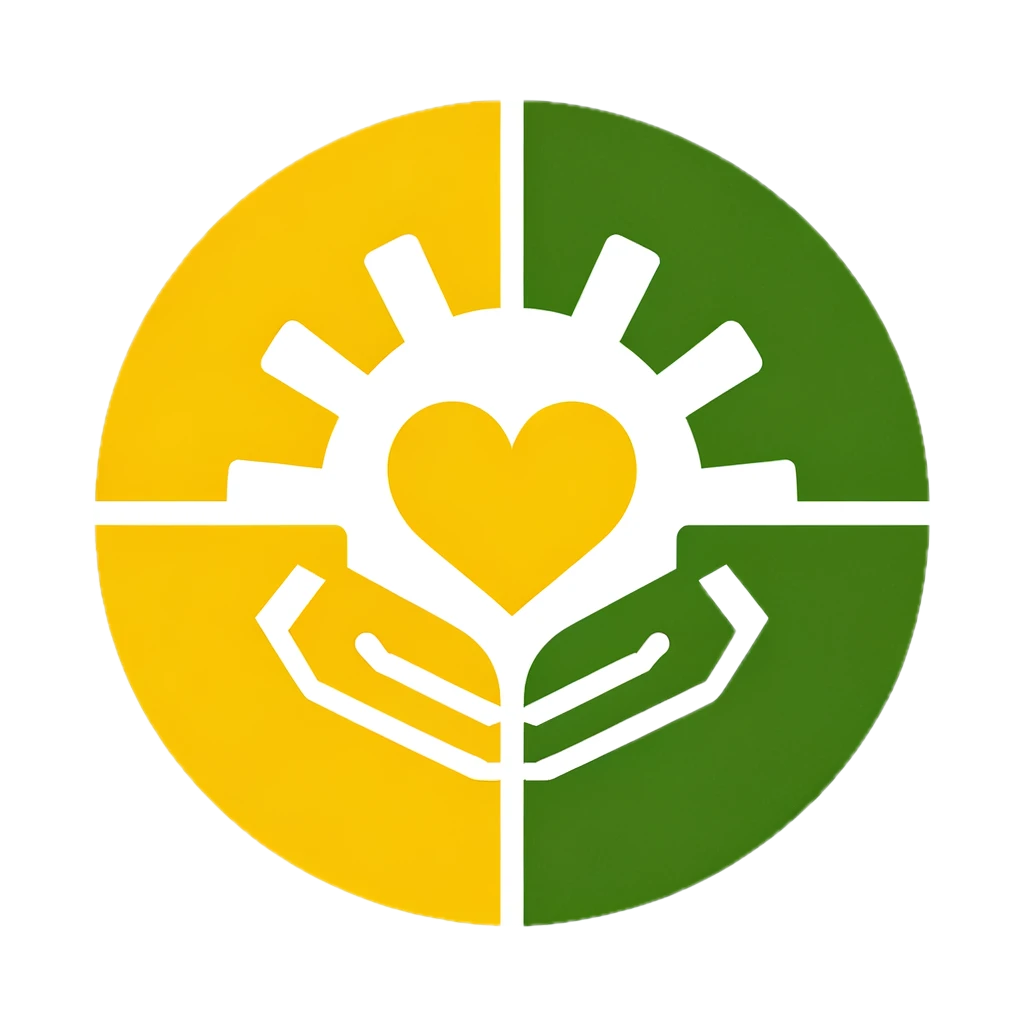
Synergy of skills = Technical skills + Personal skills. The balance between both types of skills, define the responsible leader.feedback produced with hard (technical) skills and soft (personal) skills.
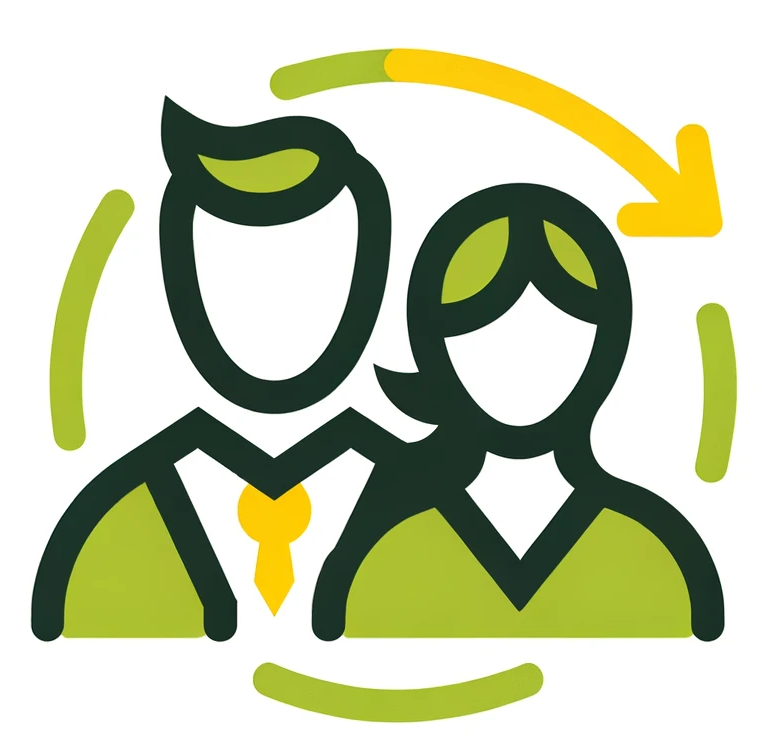
Role model. The responsible leader is a role adopted by the project manager. This role must be demonstrated to the team. Leading by example: the project manager must be a model for their team.
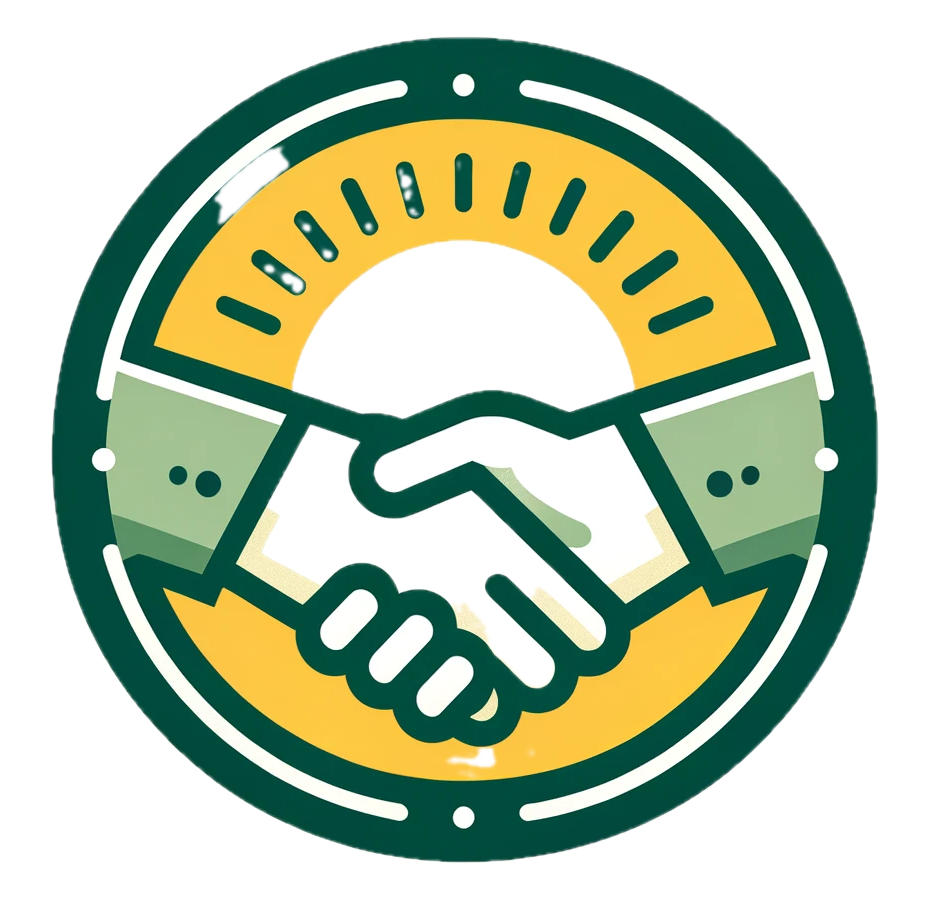
Commitment. Commitment is the guarantee that generates trust in the leader. Trust is related to certainty in the past (what is said is true) and certainty in the future (what is promised will be accomplished).
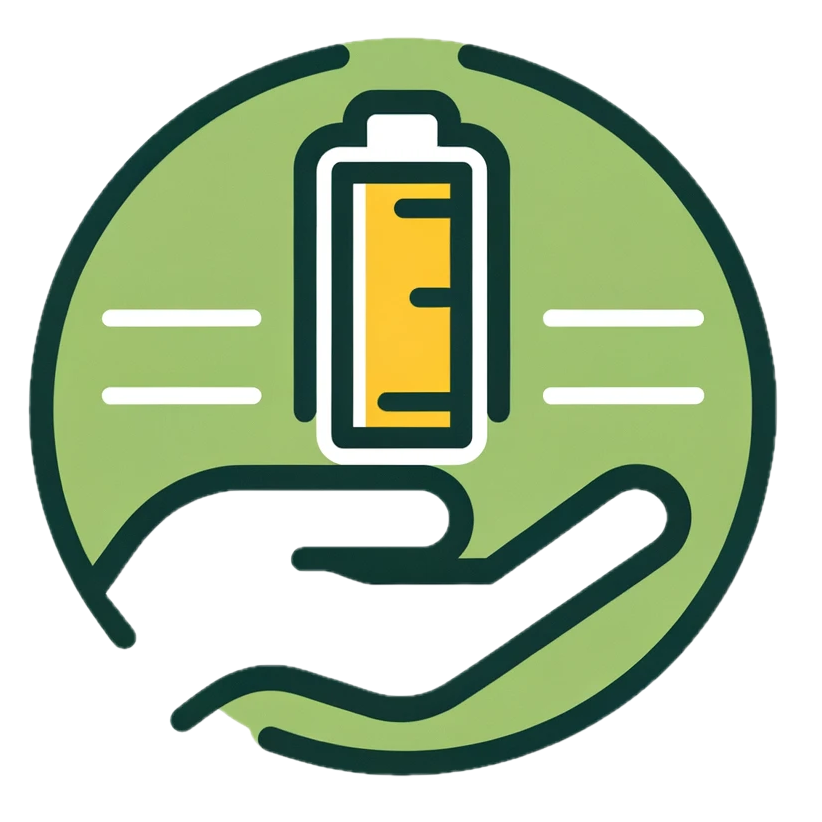
Supportive. Project leadership is understood as the ability to provide one’s own resources, usually time, to improve the work and environment of the team.
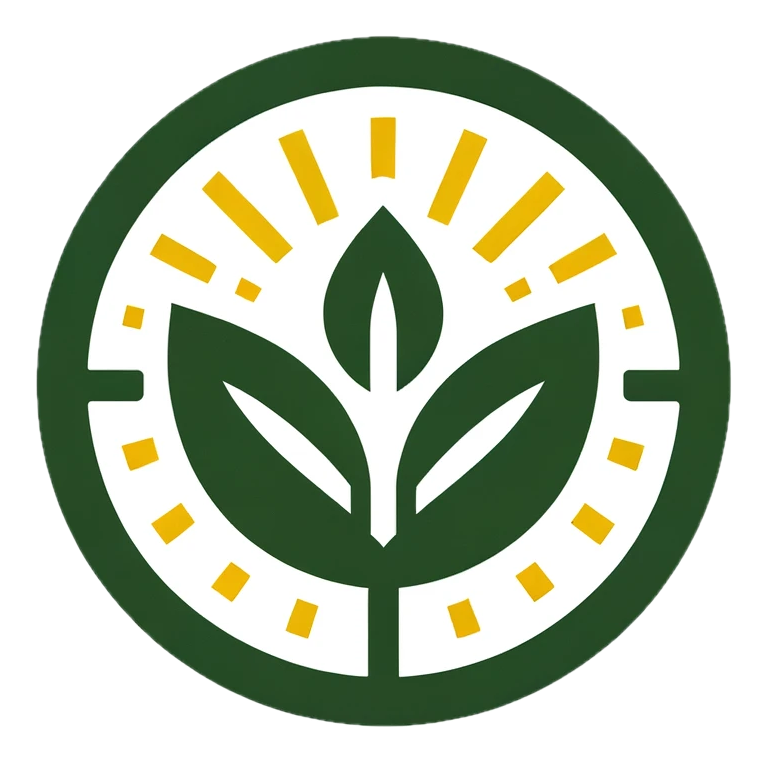
WellLead. The Wellness leader implies taking care of the team’s well-being. This behaviour means that the leader must know what state their team is in, what state it should be in, and take steps to keep it “healthy”.
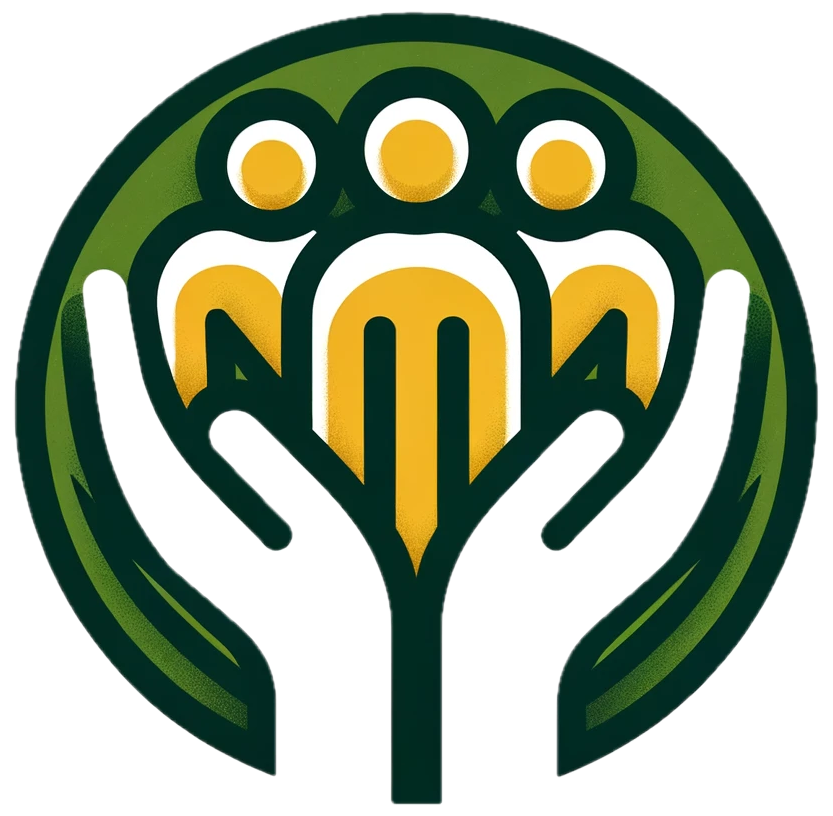
Culture of openness. The project leader must be able to generate an open culture. This means the team members must have room for manoeuvre regarding their environment, schedules, workspaces, etc.
